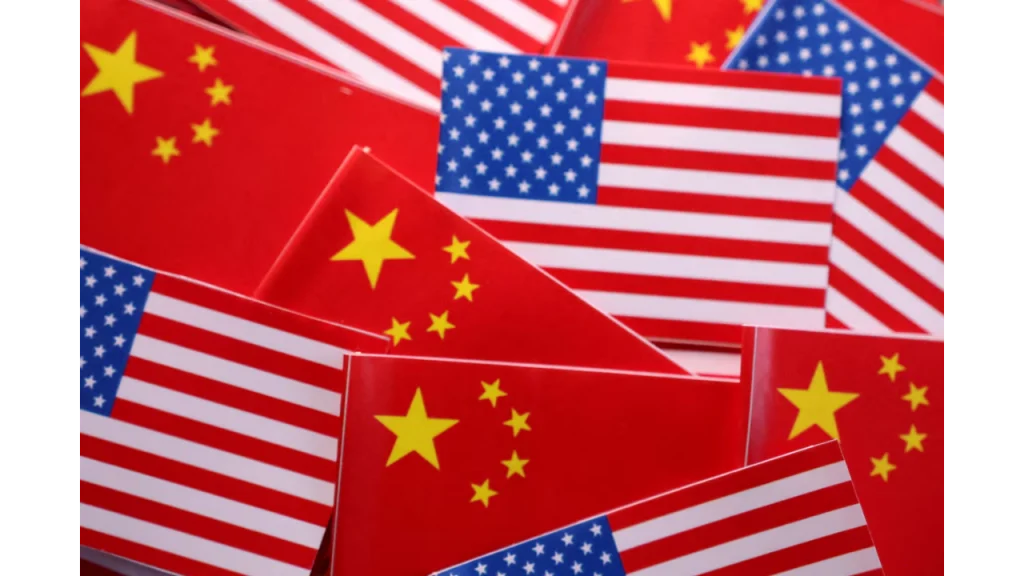- The Biden administration is drafting rules to block Chinese suppliers from the submarine cable market over security concerns
- The move could disrupt over $500 million in ongoing cable projects linking Asia, Europe and the Middle East
What happened: New front in tech cold war
The US is preparing to effectively ban Chinese companies from participating in global undersea cable projects, according to Financial Times reporting. The proposed rules would prohibit American firms from purchasing cable systems containing Chinese-made components, specifically naming Huawei’s marine division as a primary target.
This follows findings from a 2025 UN International Telecommunication Union report showing Chinese suppliers now provide critical components for approximately one-third of new submarine cables worldwide. Several major projects like the Asia-Africa-Europe-1 cable now face delays as operators scramble to audit suppliers.
Also Read: Streaming overtakes broadcast and cable viewing for the first time
Also Read: Chinese chip maker SMIC may have violated US law to make Huawei chip
Why it’s important
The restrictions mark a significant escalation in efforts to contain China’s influence over global communications infrastructure. Submarine cables carry over 99% of international data traffic, making them critical for both economic and military operations – particularly for real-time financial transactions and intelligence gathering where milliseconds matter. Recent naval deployments suggest major powers now actively patrol cable routes as strategic assets.
While Western alternatives like SubCom and Alcatel exist, analysts at Dell’Oro Group warn the bans could add 20-30% to project costs and delay 5G rollouts in developing nations by 18-24 months. The move also risks pushing China to accelerate its $1.4 billion cable production initiative, potentially creating parallel internet infrastructures. With cables having 25-year lifespans and global data traffic doubling every three years, these decisions will shape geopolitical power dynamics and digital sovereignty debates for decades. The Biden administration faces difficult trade-offs between security concerns and maintaining affordable global bandwidth growth.

